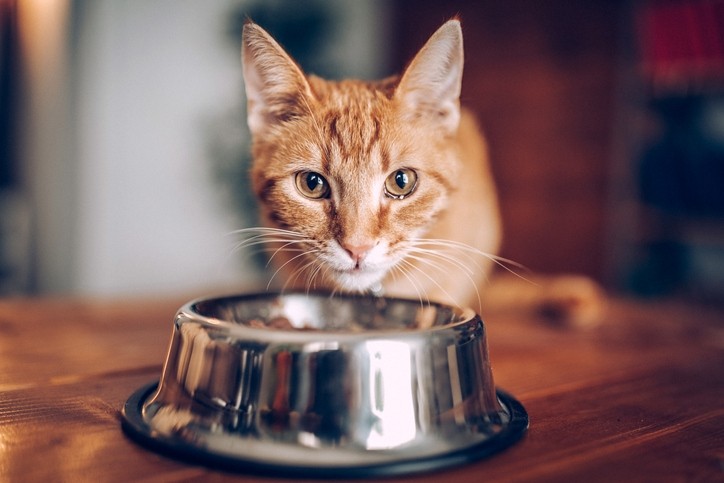Beneo sees no let-up in demand for plant-based ingredients in pet food

"There is a clear demand from pet food manufacturers for alternative, plant-based options. Our vegetarian protein portfolio was warmly welcomed upon release, and we have already collaborated on various developments with several customers for both plant-based and hybrid pet food recipes."
Dr Ronsmans outlined the benefits of each protein: rice protein is hypoallergenic and easily digestible, appealing to owners interested in allergen-free options; vital wheat gluten enhances texture and structure in various pet foods while offering technological benefits; and fava bean protein concentrate, with an excellent amino acid profile and sustainability credentials, is ideal for wet pet food products.
“With our diverse range of proteins offering various nutritional and technological properties for pet food, we can cater to both premium and more economically priced recipes, depending on the customer's requirements,” she told us.
The Mannheim-headquartered company leverages both internal and external expertise to support client product development. “Internally, the Beneo Institute provides access to innovative scientific literature and regulatory insights for our ingredients, offering substantiated guidance. Our Beneo Technology Centre (BTC) team brings extensive expertise in ingredient application and technological benefits. Should the need arise, we collaborate with external pet food consultants to bolster our knowledge base,” said Dr Ronsmans.
She identified three primary drivers behind the plant-based trend, supported by Beneo's 2023 consumer research.
“Firstly, we observe a trend where pet owners - 38% of cat owners and 43% of dog owners - align their pets' diets with their own dietary preferences, whether vegetarian, vegan, or flexitarian.
“Secondly, the volatility in meat prices and availability prompts pet food manufacturers to seek alternative ingredients, particularly plant-based options, to diversify their ingredient portfolio and ensure a secure supply chain without compromising quality.
“Lastly, there's a growing consumer focus on sustainability, which contributes to the adoption of plant-based pet food options.”
Sustainability credentials
According to a Beneo survey, more than half of cat and dog owners consider plant-based proteins to be better for the environment, so she maintains that it is no surprise that vegetal ingredient sources with sustainability credentials are of increasing relevance.
The Beneo spokesperson also emphasized the sustainability of using pulses as ingredients, citing their contribution to reducing greenhouse gas (GHG) emissions at the farm level. Fava beans provide self-sustaining nitrogen and help extend crop rotation, promoting greater farm biodiversity. These beans are locally sourced from German farmers certified by the Sustainable Agriculture Initiative (SAI).
Formulation concerns
When considering whether pet food companies should align with the trend of consumers wanting their pets' diets to mirror their own, aren't there nutritional challenges associated with this for certain companion animals?
“From a nutritional standpoint, cats are carnivores, so it's often assumed they need meat. However, studies in the literature suggest that some animal protein can be replaced by plant protein without compromising their nutrition. With a balanced diet including plant protein, both cats and dogs can thrive on a plant-based diet.
“There are even vegetarian recipes available in the literature, and it's possible to formulate fully plant-based diets for dogs, for instance. So yes, following the plant-based trend isn't only about keeping up with consumer preferences; it can also provide a healthy diet option for pets,” she explained.
The company's vital wheat gluten, due to its water absorption capacity, is said to increase juiciness in semi-moist or wet pet food and is therefore a valuable alternative to spray-dried plasma, an ingredient that Dr Ronsmans explained has been exposed to price volatility and availability issues.
No-grain claim
Asked whether there's still significant momentum behind the "no grain" claim in pet food, she remarked:
“We've observed a certain decline in this trend recently; it doesn't appear as robust as it was in the past few years. Many pet food manufacturers seem more willing to incorporate cereal proteins like rice protein or vital wheat gluten, for example.
“However, our latest consumer research indicates that three in 10 dog and cat owners still consider the "grain-free" claim when deciding whether to purchase a pet food product. Additionally, some pet food manufacturers still include "no grain" recipes in their product range. So, while it may not be the most influential claim anymore, we believe there's still a demand for "no grain" recipes, and we can address this demand with our fava protein concentrate.”













